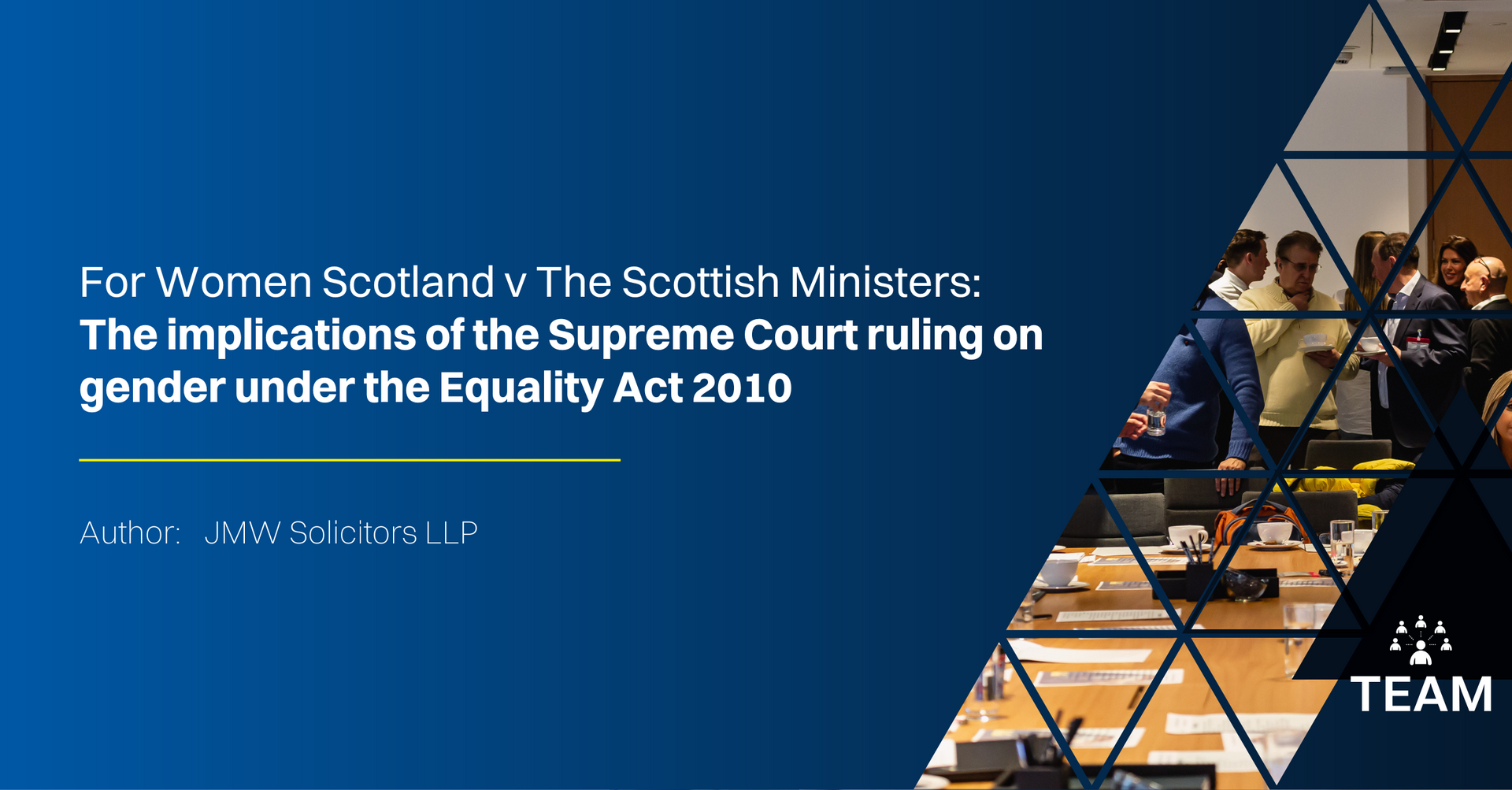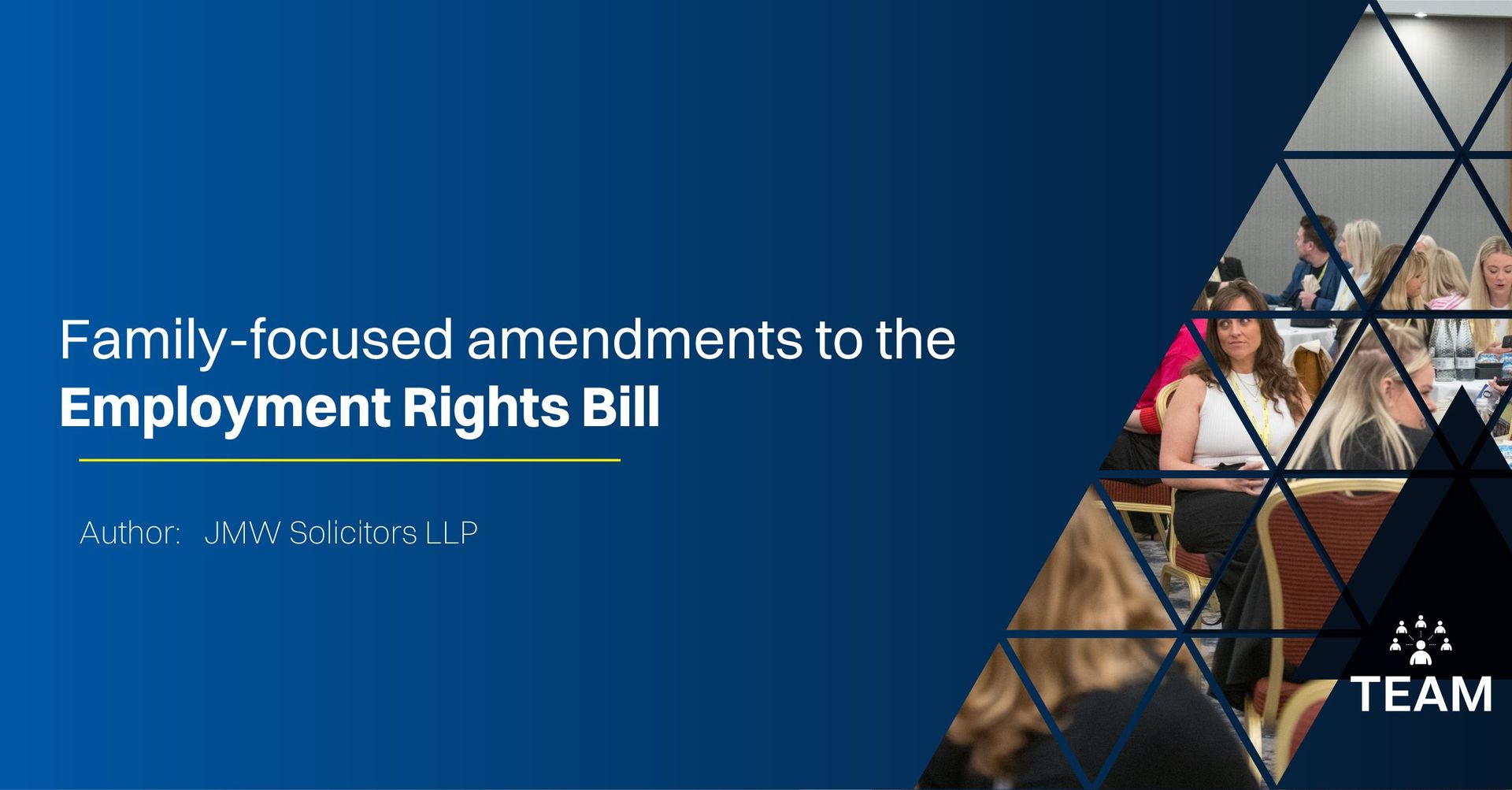Why are UK Recruiters Entering the US Recruitment Market?..
Clarke Bowles
Minimum service level regulations for rail workers, ambulance staff and border security staff will be laid in parliament to mitigate disruption and ensure vital public services continue if strikes are called, the government has announced today (Monday 6 November).
Commercial Director @ PGC Group; helping recruitment leaders navigate recruitment and payroll across the US & Canada 🚀🚖💵🔥
A recurring trend we have witnessed at PGC since 2020, is that an influx of UK recruiters are extending their service offering by entering the United States (US) recruitment market. Why? Firstly, to add more revenue to their UK agencies by operating in the largest recruitment market in the world. Another significant reason is to is to gain a larger business valuation from demonstrating revenue generation in both the US and UK. But these are not the only reasons. We’re going explore why more UK recruiters than ever are entering the US recruitment market, based on our experience of helping them make placements in the US
1) Capture Excess Revenue in the Largest Recruitment Market in the World
The US is number one for revenue generation in the global recruitment industry
Revenue generated from the global recruitment industry (or staffing industry as it’s referred to in the US) in 2021 equalled $620 billion USD according to estimates from Staffing Industry Analysts. Of which, the US accounted for the number one area for revenue, generating $186.3 billion, a huge 31% of market share. This was more than the combined staffing revenue size of the UK, Germany, France, Australia, Spain, India, Sweden, Turkey, and Saudi Arabia in 2021. Demonstrating just how large the US recruitment market is.
No wonder UK recruiters are choosing to make placements in the largest recruitment market in the world alongside their UK offering, as revenue is only on an upward trend. The US staffing industry is estimated to reach a record $212.8 in revenue generation in 2022; temporary staffing sector is expected to make up most of that revenue at $188.4 billion, with further growth predicted for 2023.
US IT temp recruitment revenue is almost the same as the entire UK recruitment market
Why do the above US staffing revenue figures matter? Let’s take IT contract recruitment as an example. If you’re already recruiting within IT or tech in the UK, there is no better place to add more revenue to your belt by having a division in the US, like many other UK recruiters already have. The IT segment of the temporary US staffing sector alone is predicted to grow by 16% in 2022, to reach a projected value of $41.7 billion, according to SIA. To put the enormous profit-making opportunity into perspective, the entire UK recruitment market was predicted to be worth $51 billion in 2022.
2) High Salaries in the US Translates to Higher Mark-ups
The saying really is true; ‘everything is bigger in the US’ including the salaries, which translates to higher mark-ups. Many of our UK recruitment clients who have started placing candidates with US clients are overjoyed with the average 25-45% fees they can charge.
Let’s look at tech in the US recruitment market as an example. According to the Dice Salary Report, the average tech salary in the US is $104,566. Tech salaries in the US can increase depending on your location, which is highlighted in the map below.
The high salaries on offer in the US recruitment has been a big attraction for UK recruiters as they can seize higher mark-up to complement their UK revenue. For example, the map below shows the fees recruiters could charge by perm recruiting within the US tech industry. This is based on the above average tech salaries per area using a margin of 25%. If UK recruiters can make the average perm fees below, imagine the profit potential from making tech temp placements, in an ‘at will’ employment market.
3) Shorter US Notice Periods to Recruit and Earn Fees Quicker
What does ‘at-will’ employment mean we hear you say? This is a major difference in the US recruitment market that always surprises but delights UK recruitment agencies. In the US employment is ‘at will’. At-will employment means that either the employer or the employee can terminate the employment relationship at any time, for any reason. This can be surprising to UK recruiters who expect at least one month’s notice for positions, increasing depending on the seniority.
The shorter notice periods in the US means candidates are available almost immediately; whether they’ve been let go, or just fancy a change, you will find it can be easier to lure candidates to your US clients roles if attractive enough. This contributes to a super transient market.
For UK recruiters operating in the US, this quick turnaround time means you can easily earn fees in the same month as making placements. Who wouldn’t want to earn margins quicker? The US makes it possible and if you start recruiting in addition to the UK, your agency will certainly reap the benefits.
4) The US is the Global Leader in Nearly all Sectors for Recruitment
The US offers 50 states to choose from when recruiting all with different GDPs, sector demands, employment laws, and talent. Some don’t even charge personal income tax – a bonus if you ever decide to relocate to the US.
The US economy experienced the strongest two years on record in 2021 and 2022, adding 4.5 million jobs in 2022 (+114% from the pre-pandemic 2019 economy). A healthy economy generally leads to more job opportunities, which in turn leads to greater demand for recruitment agencies.
Additionally, a strong economy can also lead to a greater demand for temporary and contract workers, as companies may be more willing to invest in hiring additional staff during times of economic growth. Even if recession fears sneak in, the demand for contract workers often remains strong in the US to replace permanent positions, as witnessed after the pandemic.
Candidates and clients at the ‘top of their game’ choose iconic US areas
The strong and diversified US economy leads in almost all major industries. For this reason, conquering the US is a natural step for successful companies and candidates who want to be present in an area that offers the highest revenue opportunities in their industry.
The same applies to UK recruiters. Many who have already experienced success within their niche in the UK, seek out strategies to take their revenue to the next level. So, if you recruit within the financial sector in the UK? Why not place candidates with US clients in New York to add to amplify your reputation and revenue? Home to the famous Wall Street, New York is acknowledged as the financial capital of the world. Therefore, it is not only packed with large finance companies requiring recruitment professionals to source and secure them the best talent, but ambitious professionals who relocate from all over the world to ‘make it’ in New York. If you’re after top finance companies and candidates, there really is no better place to operate than New York.
Similarly, if you are already recruiting within the tech sector in the UK. Why not add even more revenue to your business by joining the recruiters taking advantage of the hiring opportunities in world famous tech hubs like Silicon Valley in California or the booming Austin market.
To further emphasize the talent you can access in the US recruitment market, there are approximately 52.8 million+ people aged 25 and over in the US that hold a bachelor’s degree. Additionally, according to the latest US census data, 24.1 million people in the US obtain a master’s degree. So, whatever sector you recruit in, due to the sheer size of the industries in the US and talent available, you’re sure to expand your revenue in addition to your UK offering.
5) The Size of State Economies Decreases Reliance on one Area for Demand
Balance out single country instability risks by operating in the US and UK
Uk recruiters are entering the US recruitment market to have a backup revenue stream during uncertain times. If you are only operating in the UK recruitment market and hiring cuts are rife due to economic or political instability, recruiting in the US in addition to the UK adds stability. The advantage of a US recruitment division will help cushion your agency during slower economic periods.
50 states to recruit from with different economies sector demand
The large domestic market in the US also makes it less dependent on international trade, and the stability of the US dollar. Many US states have a gross domestic product (GDP) surpassing that of entire larger countries. The economy of the State of Texas, for example, is worth over $1.9 trillion. If ranked amongst nations in the world, Texas would be the 9th largest economy, ahead of Australia, Canada, and South Korea.
Why is the size of state economies attracting UK recruiters to make placements in the US recruitment industry? Well, if there is economic instability in one state, you could diversify your recruitment business by recruiting talent within another, which may be experiencing booming growth within niche sectors or economically.
Take for example, if recruiters are operating in New York, and the banking industry is affected by economic turmoil. You have a lifeline as there are 49 more economies and other sectors in the US which may be less affected. Some economies might be thriving and still have companies seeking to fill financial roles, even if it’s on a contract basis.
US global corporations enhance the competiveness of the US economy
While the US economy is not immune from economic and political turbulence, it does enjoy an enhanced level of stability due to its diversified economy. Think about the number of global corporations headquartered in the US; Microsoft, Citigroup, MasterCard just to name a few. These large companies often seek recruiters’ help for hiring contractors for short term projects, even during downturns upping reliance on temp staff vs perm staff.
6) Increase Your Recruitment Agencies Valuation by Recruiting in the US and UK
A recurring reason we hear UK recruiters state as their reason to enter the US recruitment market is to increase their UK agencies valuation. If a business has evidence of generating revenue in multiple markets with a larger client portfolio, it decreases the reliance on income from only UK clients.
Not only is having a global business more attractive to investors, but a strong US contract book really helps UK recruiters company valuations. In the US, payment terms with clients are much shorter – typically around 3 days as it is a legal requirement for contractors to be paid every two weeks. This enables a flow of money constantly being pumped into their business, which adds to UK business revenue. Steady and high cashflow is a big tick for investors, which is why entering the US recruitment market is often the next step for UK recruiters to take advantage of the money that comes with quick employment turnaround times and contract demand.
Ready to Increase Your Recruitment Agencies Revenue and Value by Adding the US to your CV?
Branching your UK recruitment offering to offer a service to US clients is easier than you think. We’re going to let you in on the best kept secret of successful UK recruitment agencies doubling their margins in the US. The majority are actually recruiting in the US from their home office in the UK. During their first year remaining in the UK allows them to test out the US recruitment market before committing to the costs and risks associated with physically expanding.
But how do they recruit in the US without being based there? They utilize PGC’s employer of record solution to cover their contractor’s onboarding, payroll and employment compliance in any state. This means all UK recruiters to do is find US clients and source candidates during US hours. Find out about the opportunities in the US and how you can get started by scheduling a free US market opportunity session.












